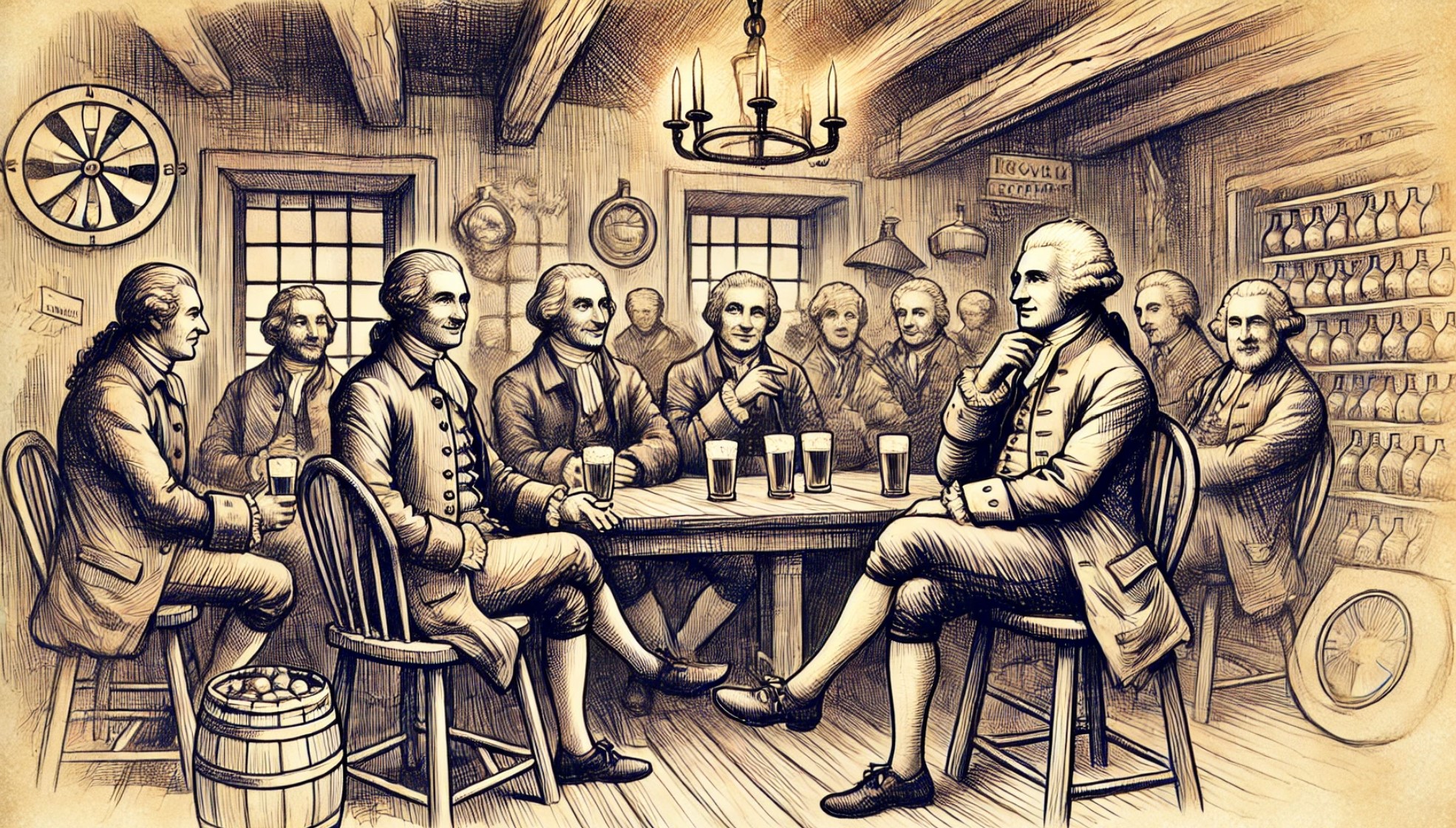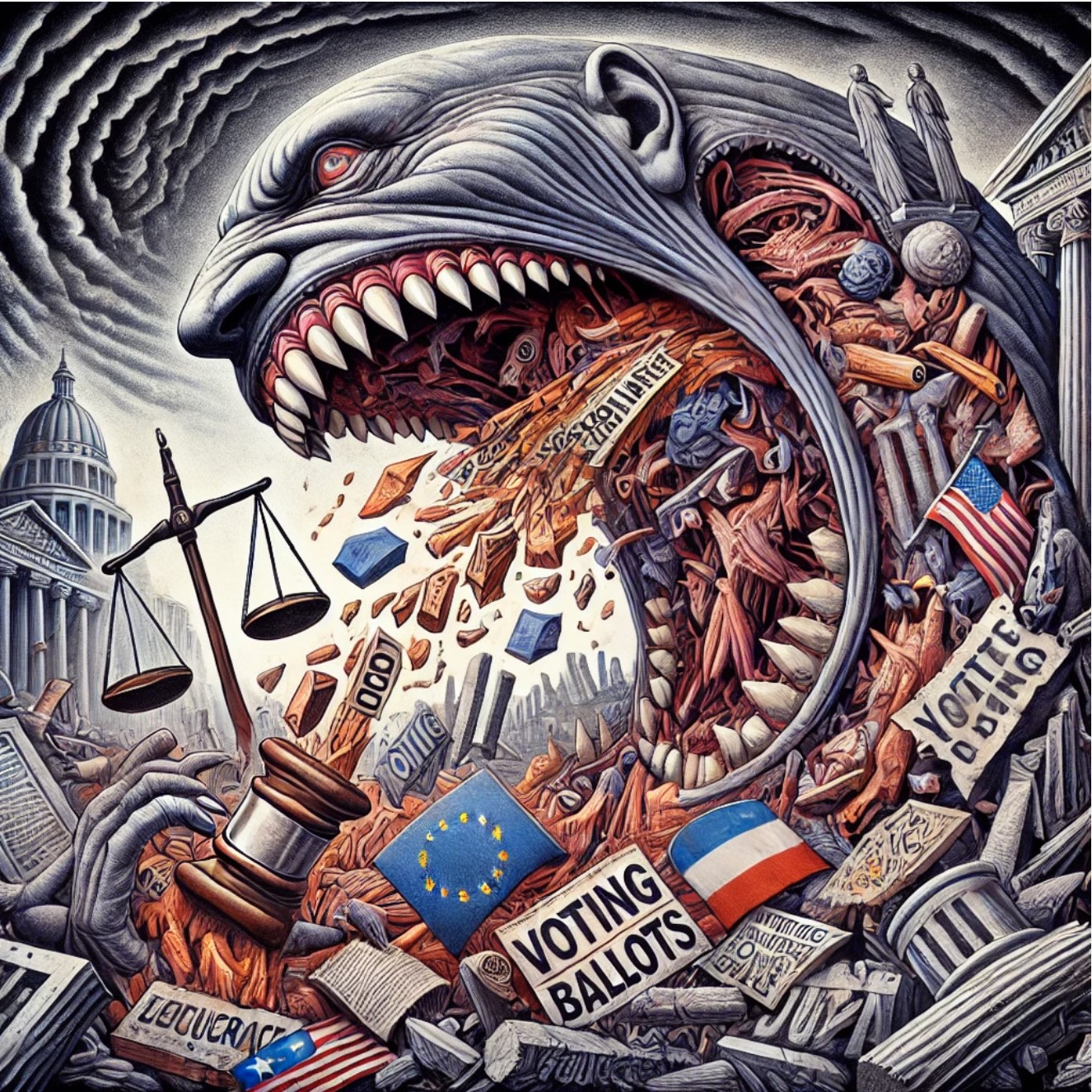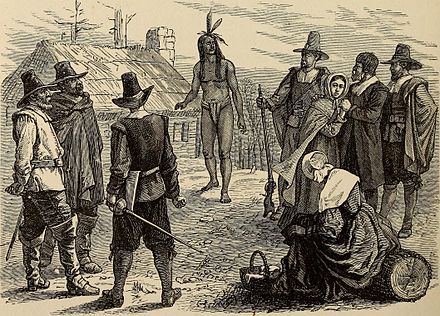
The Pilgrims Guide to Voluntary Slavery
It’s Thanksgiving time, which reminds me of America’s first collectivist experiment – the Pilgrims that landed at Plymouth Rock.
Now, collectivism wasn’t necessarily the pilgrim’s idea. They agreed to it when they signed contracts with the investors who financed their journey.
That contract called for them to work collectively, pooling resources, labor, and profits from farming, fishing, and trading.
When it expired after seven years, all land and assets were to be divided equally between the settlers and the investors.
It worked for two.
At first, resources were abundant. Incentives and work ethic didn’t matter much.
But wild game quickly became scarce, and corn yields proved insufficient because no one wanted to work as hard as required.
After some time on the brink of starvation, they said to heck with this commie crap, and circumstances unsurprisingly turned around for the better.
We don’t have to guess how this early collectivist experiment destroyed incentives and drove the Pilgrims into poverty amidst abundance.
It was well-documented by the Governor of the colony, William Bradford.
In short, here’s what he had to say about the Pilgrim’s flight from voluntary slavery…
From “Not My Job” to “What Else Can I Do”
“The failure of this experiment of communal service, which was tried for several years, and by good and honest men proves the emptiness of the theory of Plato and other ancients, applauded by some of later times — that the taking away of private property, by a commonwealth, would make a state happy and flourishing; as if they were wiser than God.”
Empty theories of Plato indeed, because here’s how the situation improved once they restored private property:
“This was very successful. It made all hands very industrious, so that much more corn was planted than otherwise would have been by any means the Governor or any other could devise, and saved him a great deal of trouble, and gave far better satisfaction.”
“The women now went willingly into the field, and took their little ones with them to plant corn, while before they would allege weakness and inability; and to have compelled them would have been thought great tyranny and oppression.”
So, when your nephew strolls into this week’s Thanksgiving gathering wearing a Che Guevara t-shirt or your sister follows Greta Thunberg’s lead and calls for the overthrow of “Oppressive Capitalism,” you can give them a history lesson.
When you finish your pie, thank the Pilgrims for ultimately learning from their brush with collectivism and going a different route.
Then grab your things and go.
Think Free. Be Free.
Don Yocham, CFA
Managing Editor of The Capital List
Related ARTICLES:

AI Eating Itself
By dustin
Posted: December 20, 2024

How To Keep This Market Moving
By dustin
Posted: December 11, 2024

Crushing the Competition
By dustin
Posted: December 3, 2024

Nvidia: The Only Game in Town
By dustin
Posted: December 3, 2024

The Pilgrims Guide to Voluntary Slavery
By dustin
Posted: November 27, 2024
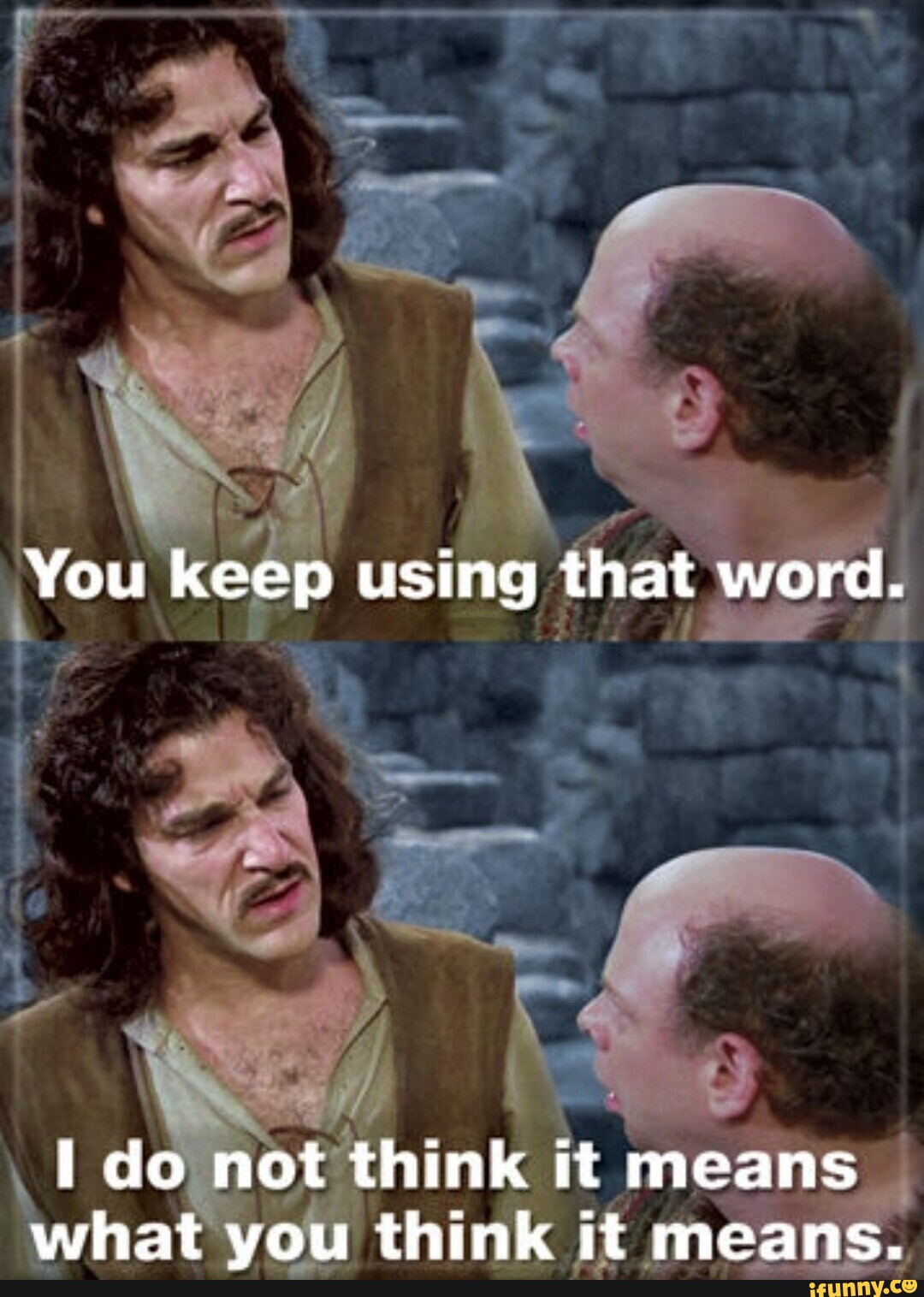
Who Pays for Trade
By dustin
Posted: November 8, 2024

Capital Won the Election
By dustin
Posted: November 7, 2024

A New Game Just Like the Old Game
By dustin
Posted: October 20, 2024
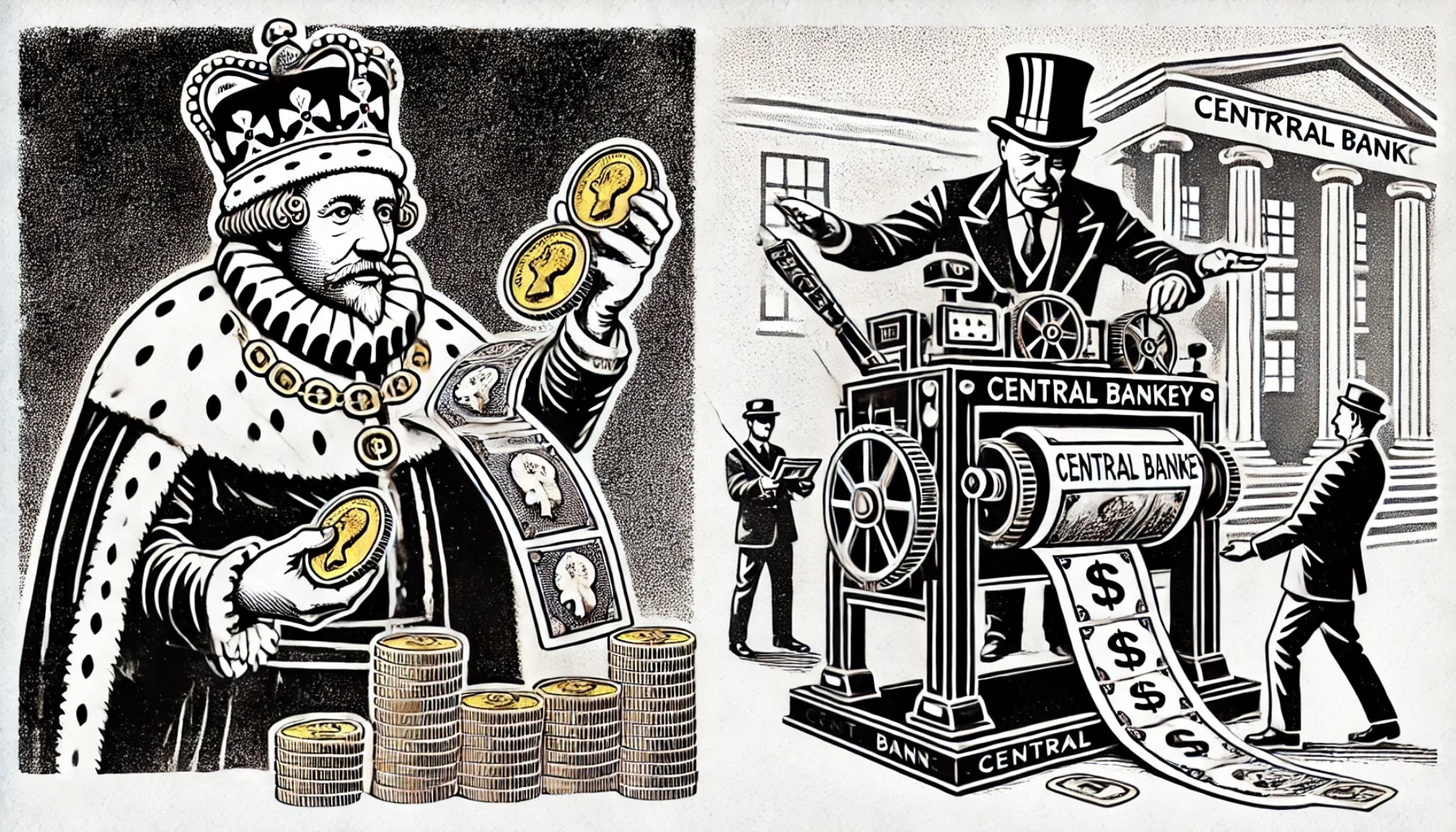
The Cost of the Dollar Status Quo
By dustin
Posted: October 15, 2024

Capital Components
By dustin
Posted: September 25, 2024
FREE Newsletters:
"*" indicates required fields


